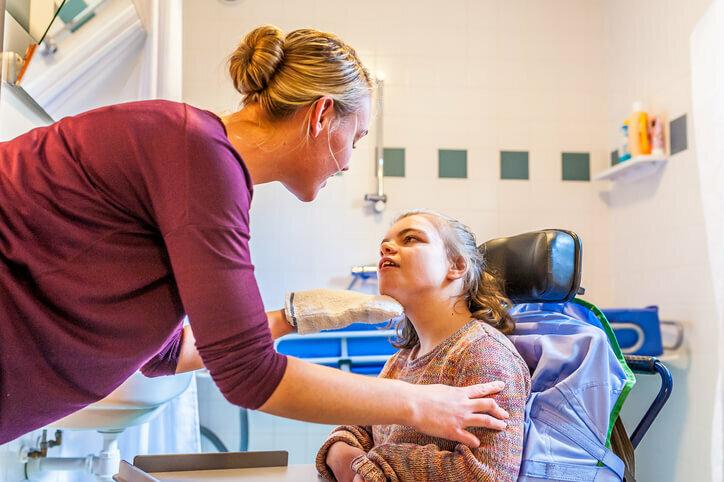 Community service workers (CSW) play essential roles across several industries, settings, communities, and walks of life. The healthcare industry is the setting where the impact of community service workers is most keenly felt.
Community service workers (CSW) play essential roles across several industries, settings, communities, and walks of life. The healthcare industry is the setting where the impact of community service workers is most keenly felt.
Community service workers in hospitals offer invaluable non-medical assistance to individuals and their families within healthcare environments, including hospitals and clinics. Their roles include guiding individuals through insurance and financial intricacies and providing counseling and grief support while addressing social and environmental challenges that impact their overall health and well-being.
As healthcare professionals, CSWs are crucial in bridging the gap between patients and the healthcare system, providing essential support and assistance to those in need. If you’re looking for a career that allows you to positively impact the lives of others, learning more about this role can help you decide if this one is right for you.
Understanding the Role of a Community Service Worker
A Community Service Worker in a hospital acts as a compassionate connector between patients, their families, and the healthcare system. These dedicated individuals address the diverse needs of patients and ensure that they receive the holistic care they deserve. Their responsibilities encompass various tasks, from emotional support to coordinating resources for patients facing various challenges.
Patient Advocacy and Support on the Forefront
One of the primary responsibilities of a CSW in a hospital setting is patient advocacy. They advocate for individuals navigating the complexities of the healthcare system, ensuring that patients are aware of their rights and have access to the resources they need. CSWs, after their community service worker training, offer emotional support, listening attentively to patients’ concerns and helping them cope with the challenges of illness or hospitalization. Caring for patients compassionately and empathically is one of the most valuable contributions CSWs can make to their overall well-being.

Patient advocacy is an essential responsibility of a community service worker in hospitals
The Essential Task of Resource Coordination
In hospitals, CSWs coordinate resources and services for patients, particularly those facing social, economic, or environmental challenges. They collaborate with various healthcare professionals, social workers, and community organizations to address the diverse needs of patients, such as housing, transportation, or financial assistance. By connecting patients with the right resources, CSWs contribute to a more comprehensive and patient-centered approach to healthcare.
Providing Crucial Support During Crisis Intervention
In times of crisis, whether it be a medical emergency or a personal challenge, CSWs provide crucial support. Through our community service worker courses, they are trained to assess patients’ emotional and psychological needs and offer immediate assistance. Whether helping individuals cope with the stress of a diagnosis or offering comfort to families in times of loss, CSWs play a vital role in creating a supportive and caring environment within the hospital.

A community service worker in a hospital setting caters to the various needs of patients
Community Service Workers Engage in the Community
Beyond the hospital walls, CSWs are actively building and maintaining relationships with community organizations. They collaborate with local resources to extend the continuum of care for patients, ensuring a smooth transition from hospital to home. This community-focused approach not only benefits patients directly but also contributes to the overall health and well-being of the community.
Are you ready to earn your diploma through AOLCC AB? Your career awaits!





